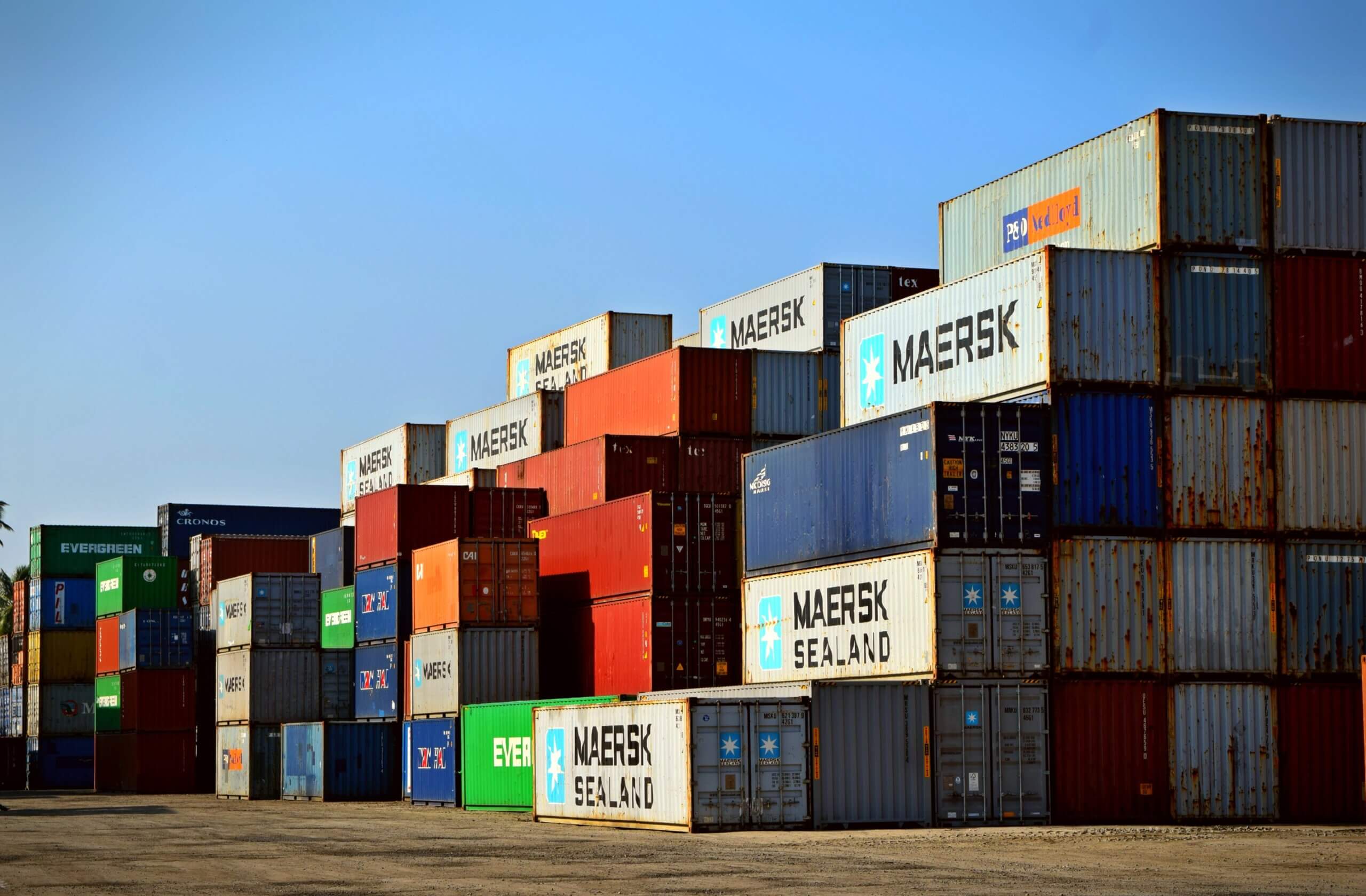Mexican industry seeks to impose greater tariffs on Chinese goods
Photo: Pexels.
Mexico’s Confederation of Industrial Chambers (Concamin) and the Ministry of Economy (SE) are working on the development of a decree that seeks to establish tariffs on goods from Asia, in order to safeguard the national industry in Mexico.
The president of Concamin, José Abugaber, clarified that the purpose of the possible new decree is to limit the excessive importation of items from China to Mexico.
During a speech at the inauguration of the Leather and Footwear Show (Sapica), in Guanajuato, he stated that “because prices are extremely low, imports continue. We are working to publish a new decree, together with the Ministry of Economy, that improves the conditions of competition in several industries.”
The issue over the continued import of Chinese products dates back months. In October 2023, the footwear industry, through the Chamber of the Footwear Industry of the State of Guanajuato, held a meeting with the Ministry of Economy in order to maintain tariffs on footwear from China, according to the local press.
The issue was specifically raised because the tariff for importing footwear into Mexico from countries with which it does not have trade agreements ranges from 25 to 30%. However, it was expected that the latest tariff reduction would be taking place on October 1, 2024, according to a decree that was signed in 2019 which would see it reduced to 20%, which could seriously affect the national footwear producing sector, according to industry representatives.
Last month, the National Chamber of the Processing Industry (Canacintra) demanded that the federal government urgently implement “extraordinary” tariff rates for products that come from countries with which Mexico does not have a treaty, such as China, due to its impact on national manufacturers by displacing national labor, according to the Mexican outlet El Economista,.
The head of Concamin, Abugaber, reported that various industries have yet to start operations in 2024 due to the wave of “unfair” imports from Asia.
Businessmen have insisted on establishing the import substitution program to increase national participation, especially through incentives to reduce the percentage of components necessary for manufacturing.

